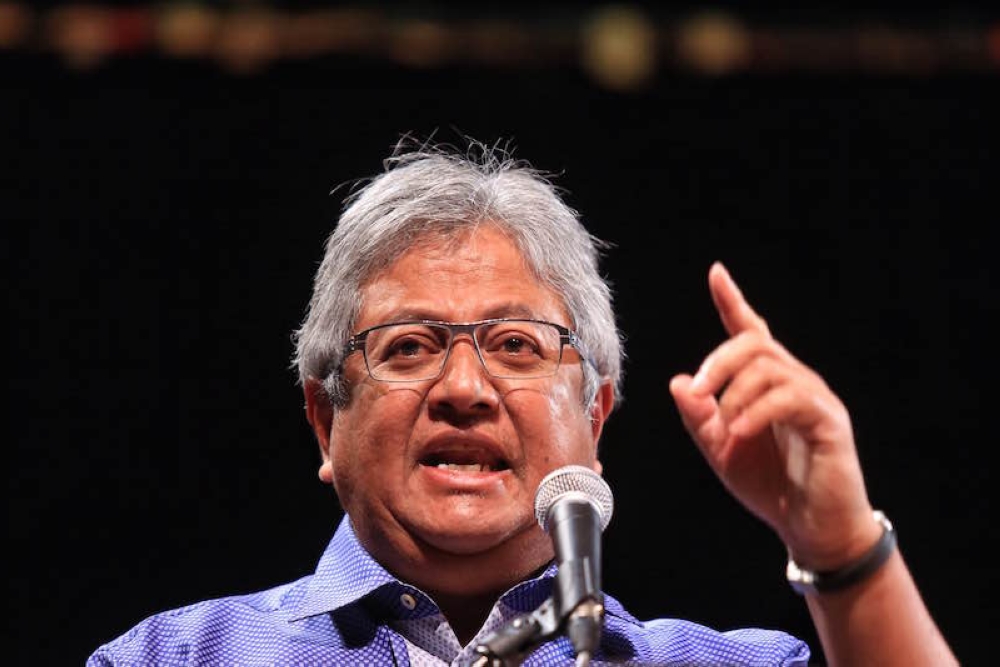马来西亚政治舞台上的种族权益之争
土著权益:马来西亚政治的核心议题
在马来西亚,土著权益问题一直是政治讨论的核心议题之一。根据宪法,马来西亚的土著以及其他相关民族享有一系列特殊的权利和保护措施。这些措施虽然在推动社会经济公平方面发挥了积极作用,但同时也常常被各方政治力量所利用,以达到不同的政治目的。
recent political drama in Malaysia has seen former minister Datuk Seri Zainal Abidin challenging Prime Minister Anwar Ibrahim’s statements regarding investments in the energy sector. Anwar had mentioned that 80% of the related suppliers for the project were Bumiputera (indigenous) businesses, aiming to defend the rights of the indigenous people. However, Zainal Abidin criticized this as merely using the indigenous rights as a “shield” to cover up poor economic decisions.
土著权益为何成为争议焦点?
土著权益问题在马来西亚政治中占有核心地位。根据宪法,马来西亚的土著以及其他相关民族享有一系列特殊的权利和保护措施。这些措施虽然在推动社会经济公平方面发挥了积极作用,但同时也常常被各方政治力量所利用,以达到不同的政治目的。
Zainal Abidin’s criticism on social media even questioned whether the government would still support the project if the suppliers were Chinese. This not only reflects concerns about the transparency of current indigenous policies but also sparks deeper reflections on racial politics. To some extent, Zainal Abidin’s voice also represents the public’s expectations and dissatisfaction with the government’s decision-making process, especially when it comes to complex issues involving the interests of different races.
沙布拉注资:一把双刃剑
Anwar’s mentioned investment of RM11 billion to support the restructuring of the company is a move to protect Bumiputera businesses and ensure the country’s energy security. Theoretically, this measure could promote Malaysia’s economic recovery and further enhance the rights of the indigenous people. However, such decisions also come with risks. For instance, will the investment truly support Bumiputera businesses? How can the transparency of fund usage be guaranteed? These questions have caused public anxiety and uncertainty, making indigenous rights a hotly debated political issue.
保护与操控的界限
In the current political environment, using indigenous rights as a policy tool has clear two-sided implications. On one hand, protecting indigenous rights is necessary, especially in ensuring social fairness and equal economic opportunities. On the other hand, if decision-makers use indigenous identity solely for political gain to cover up economic mismanagement, it can lead to poor governance.
Zainal Abidin’s criticism highlights this blurred line, challenging Anwar’s political acumen and inviting reflection on Malaysia’s political landscape. In formulating national policies, the government needs to balance the protection of indigenous legal rights with the rationality of economic decisions.
政治未来:理性讨论或继续对立
The future of Malaysian politics will test the wisdom of those in power in addressing racial tensions in a multi-ethnic context. Anwar’s government must find a solution that balances the protection of indigenous rights with the promotion of common development for all races. Only through rational discussions and communication can true harmony and progress be achieved.
In conclusion, whether it’s Zainal Abidin’s accusations or Anwar’s statements, they both reflect the deep-seated contradictions in Malaysia today between national policies and economic recovery. We hope to see more effective measures based on social justice in the future to drive the country’s sustainable development.
—
References:
Cincai News
China Press
Oriental Daily

